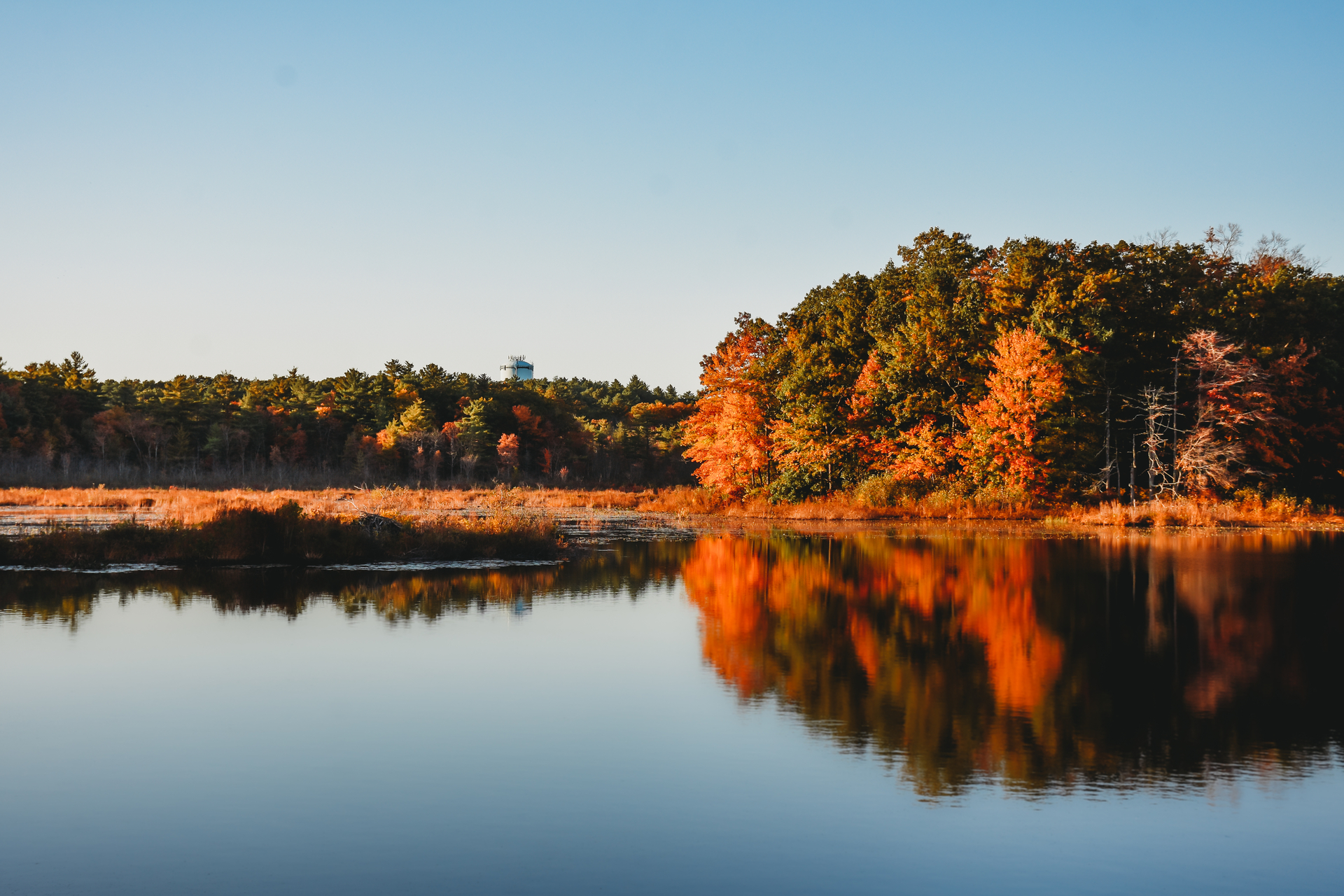Over the course of Mass Audubon’s 125 years of conservation work in Massachusetts, the organization has grown to be the largest private landowner in the state. As such, it is incumbent upon us to take a thoughtful look at what it means to be a modern-day steward of the land. This is especially pertinent as we observe Indigenous Peoples’ Day and reflect on the history of the original people who stewarded the land for thousands of years before us.
To that end, we acknowledge that Mass Audubon’s wildlife sanctuaries are located on the traditional, contemporary, and unceded territories of several Indigenous nations, including the Massachusett, Mohican, Nauset, Nipmuc, Pennacook, Pocomtuc, Wabanaki, and Wampanoag. These lands were taken from the Indigenous people, creating a legacy of trauma that persists to this day.
We acknowledge that Indigenous stewardship of the land we now call Massachusetts kept its ecological communities vibrant, strong, and interconnected for thousands of years, but far from being relics of the past, Indigenous peoples, including the 37,000 individuals who currently reside in Massachusetts, are still at the forefront of environmental protection, ecological stewardship, and climate mitigation.
Mass Audubon deeply values the relationships that we have built with Indigenous people to date, but we also recognize that there is much work still to be done. Acknowledging Indigenous sovereignty and the ongoing trauma of colonialism is only the first step—and an imperfect one at that.
Mass Audubon is committed to the work of learning, listening, and evolving so that we may live in “right relationship” (an Indigenous concept rooted in sustainability and respect) with the land and the people who have been its rightful stewards for thousands of years. We know this work will take persistence and time. We know we won’t get everything right on the first try, and we are open to constructive criticism. This message is more than an acknowledgment; it’s an invitation to respectful, open dialogue.
Mass Audubon was founded 125 years ago by two strong women, Minna Hall and Harriet Hemenway, who believed in speaking up for what is right, stepping up to make change happen, and initiating uncomfortable conversations—in short, they believed in making “good trouble.” Now we’re challenging ourselves to look at our work with the same critical lens so that we can do what’s right to protect the nature of Massachusetts for ALL people. It’s not only our responsibility to do this work, but our legacy.
We know that words can feel empty unless accompanied by action. Therefore, we are committed to taking the following actions to support Indigenous rights and to work in partnership with Indigenous communities:
- Recognizing that the field of outdoor education is rife with cultural practices appropriated from Indigenous people and often lacking in authentic Indigenous representation, we commit to evaluating all our education, camp, and visitor programs for culturally appropriative practices; removing activities when necessary; and providing context and history to highlight the integral role Indigenous people play in environmental education.
- Recognizing the loss of land experienced by Indigenous peoples, we commit to providing greater access to the lands we currently steward by offering free admission to Mass Audubon sanctuaries for all Indigenous peoples in the state.
- Knowing that Indigenous voices, experiences, and history have too often been ignored or erased, we commit to performing scholarly research into the pre-colonial history of the lands we currently steward, with the goal of sharing this rich history with the world.
We are committed to addressing the greatest threats to nature today—habitat loss, inequitable access to nature, and climate change. The solutions to all these challenges are available to us, but we need everyone to have a seat at the table to succeed. This acknowledgment is not only a call to action; it’s a call to unity. We hope that you will join us.



